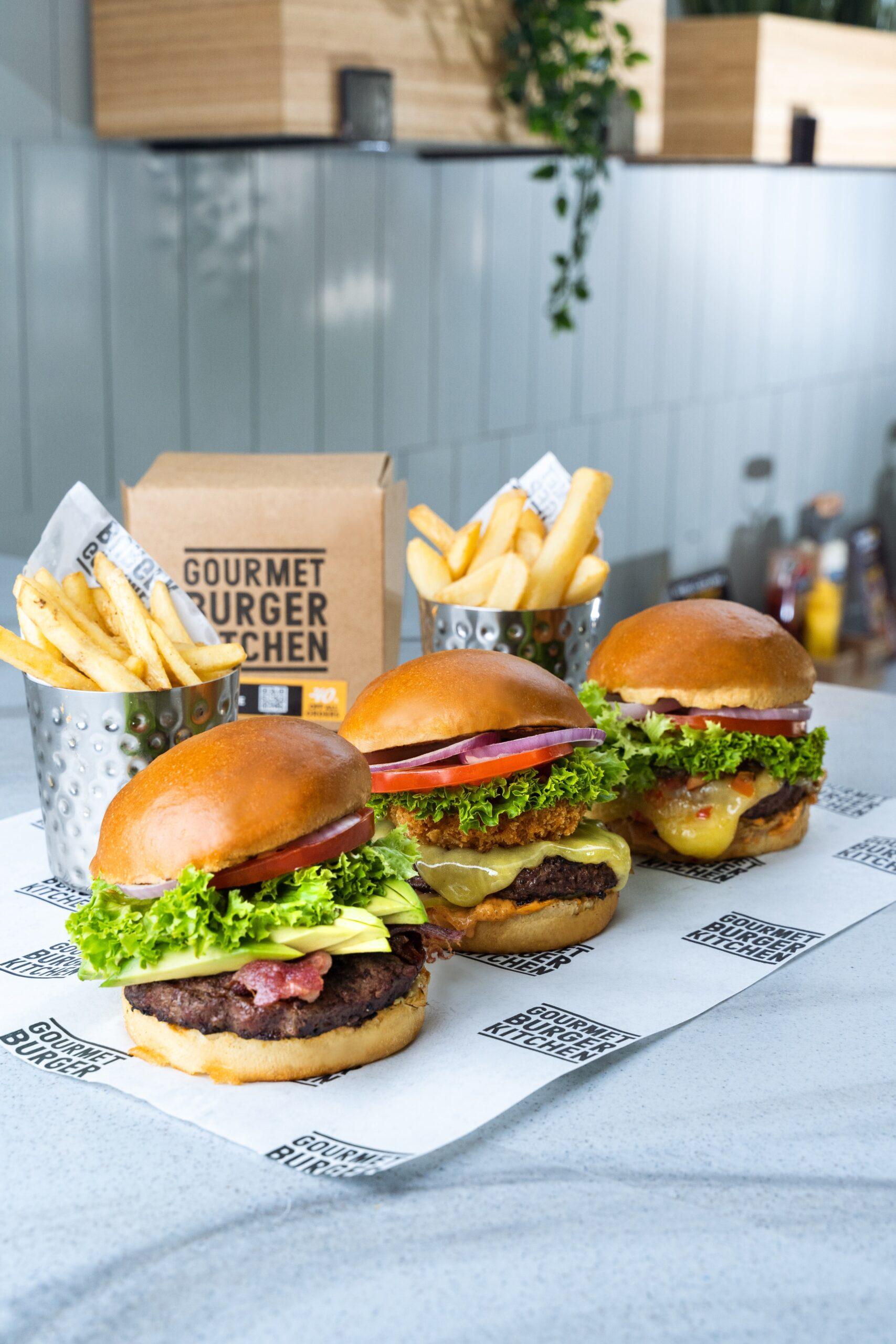How do you bounce back strong after a cheat day?
How often is it okay to have cheat meals?
Once a month? Once a week?
Chances are, if you are reading this, you are sick and tired of chicken breast, broccoli, and brown rice.
What if you could have your cake and eat it too?
You CAN.
That’s exactly what this article is about.
By the time you’re done reading this, you will know exactly how to make cheat days work effectively.
In this article:
- Why the term “cheat meal” is dumb
- How you can have a “cheat meal” every day
- When you should actually have a “cheat meal”
- What to do after an unplanned “cheat meal”
- How to “save up” calories for a cheat meal
- Diet break suggestions

How to bounce back strong after a cheat day
Why the term cheat day is dumb
Chances are you have heard the term cheat meal thrown around a LOT. However, what is something that someone might cheat on? A test, a spouse, a diet… None of these are going to make you feel good, even if you get away with it. So why are you applying cheating to something like food?
As I have said, food has no moral value. That being said, you should aim to eat nutrient-dense foods most of the time.
However, you’re not good because you ate a salad. Alternatively, you’re not bad because you had a burger and fries.
Stop that BS right now. Eating less nutrient-dense foods may be absolutely necessary and totally fine. Using the term “cheat meal” is implying that you have done something wrong. Eating a burger is not wrong. Think about it—what’s on a burger?
- Beef (whole food)
- Cheese (whole food)
- Bun (slightly processed but just wheat flour, salt, yeast, etc..)
- Lettuce, Tomatoes, Pickles (all whole foods)
So why are we demonizing a burger? It’s all made-up societal constructs around the moral values of foods. Even if a burger wasn’t mostly whole foods, eating it does not make you a bad person, and you surely did not commit a crime by having a damn taco.

How you can have a cheat meal every day
What most people do when they try to “diet” :
If your idea of being on a diet looks like this:
- chicken breast
- brown rice
- broccoli
- egg whites
- more broccoli
And then whenever you deviate from that restrictive list of foods, you feel like a failure, I am here to change your life. You can still eat burgers, tacos, pizza, and ice cream…and still lose weight.
This is called the 80/20 approach. This means that 80% of the time, your nutrition should come from fruits, veggies, lean proteins…But the other 20% can come from whatever the f*** you want. Pretty cool right? I think so too.
This is why all of my online coaching clients use this approach while tracking their calories and making progress every single week without cutting out their favorite foods.
Why do I suggest an 80/20 approach?
Getting most of your nutrition from nutrient-dense foods means less hunger, cravings, more energy, and you are going to be eating foods that help you thrive.
Not to mention, eating more whole foods usually means less hunger. If you want to know how to stay full in a calorie deficit, check this out.
The less nutrient-dense foods (the 20%) will help you with diet adherence. Eating the foods you enjoy will give you the mental clarity to feel like you are not being too restrictive and enjoy yourself in moderation.

Losing fat is all about calories in vs. calories out.
Remember, a calorie is a unit of measurement just like a mile. Even though a mile ran in the sand and a mile ran on a sidewalk may be completely different, they are both still a mile. So even though calories may affect you differently in terms of digestion, satiety, and nutrient composition…100 calories of broccoli and 100 calories of a candy bar are both 100 calories.
Here are some guidelines on when to eat the candy:
- Total calories are in check
- Protein target for the day is in check
- 2 servings of fruits and vegetables have been consumed
- You actually want the candy and can fit it into your calories
I have many clients who eat a dessert every single night and still see fat loss every single week.
You don’t have to take my word for it either, just google “Mark Haub” and you will find out about a nutrition professor who ate a twinkie diet for 10 weeks. Not only did he lose 27 pounds by eating in a calorie deficit, but he also improved all of his other health markers.
How often should you have a cheat day?

So now that you understand how to have a cheat meal every day, let’s get to the nitty-gritty–how often should you have a cheat meal?
Respectively, the answer is never.
Besides, I just explained to you why you can have a “cheat meal” every single day, so there truly is no need for one.
If you are absolutely sick and tired of being in a deficit, it may be time to take a diet break. This may help with your adherence to your fat loss plan. Alternatively, if you are struggling with eating the same foods constantly, it may be time to get creative in the kitchen. For more fat loss recipes, check out my youtube channel.
7 Ways to bounce back strong after a cheat day

First of all relax.
It happens to the best of us. This used to be me every single week, and especially when I worked as a chef, I found myself around delicious food 24/7, and sticking to my calorie deficit was damn near impossible.
So you had a cheat day where you went overboard? Here’s what to do:
- Forgive yourself. You are human. We all mess up from time to time. Realize that the only way to mess this up is to give up completely.
2. Don’t fast. You may feel the urge to fast or further restrict calories to punish yourself and say “well I’m just not hungry”…You’re not fooling anyone, you are punishing yourself. Don’t do that. It will just lead to continuing the binge-fest for 1-2 more days, which you don’t want.
3. No need to do extra cardio to burn off the calories. You are not going to run it off, sweat it off, or do a HIIT class to cancel out what’s already been done. Remember, you are human. This will create an unhealthy relationship with exercise and you will look at exercise as punishment for cheating on your diet rather than just moving your body and improving your quality of life.
USE THAT FUEL TO GET A BADASS WORKOUT IN!
4. Avoid stepping on the scale. Chances are the scale is not going to read what you want it to, so don’t bother with it today. You didn’t gain fat anyway, just water weight. So there really isn’t any point in weighing in.
5. Put that extra fuel to good use. Use those extra carbs and calories to fuel a good training session at the gym. Often times the reason training tends to suffer in a calorie deficit is a lack of muscle glycogen or stored carbohydrates in the body. Chances are you will feel stronger, and be able to push yourself harder in the gym with all those extra carbs. Put em’ to use!
6. Do some reflection/journaling to determine why or what caused the overindulgence. While it is important not to dwell on the past, if this is a common reoccurrence, it may be worthwhile to sit down and ask yourself a few questions. What emotions was I trying to cover up? Was the binge a result of skipping meals/being too restrictive? Etc…
7. If this has been happening on a consistent basis (weekly or more), decide if taking a diet break is right for you. Especially if you have been in a calorie deficit for quite some time, taking a short 1-2 week diet break of eating at maintenance may just help with your adherence.
Diet Break Guidance
Sticking to a calorie deficit for a long time is extremely taxing.
Therefore, If you have been really struggling to adhere to your deficit, and finding yourself cheating on your diet over and over, it may be time to take a quick diet break.
Not only will this help with the mental game of fat loss, but it will actually replenish your leptin levels. Leptin is the hormone that regulates satiety, so if you have been on a diet for quite some time, your leptin levels have diminished.
Not only will taking a short break and eating at maintenance for 1-2 weeks replenish those leptin levels, but it will also make going back into your calorie deficit much easier.
Wrapping it up
In conclusion, there really is no reason to have cheat days since you can actually fit in all the foods you enjoy with flexible nutrition. If you are still struggling with staying consistent, you may want to look into calorie cycling, or even try taking a short diet break.
Remember, it’s not about having the perfect plan or trying to be 100% consistent, it’s all about finding what you can be 80% consistent with and sticking with that long enough to reach your goals.
Need some extra accountability? Want me to take care of your training and nutrition for you? Check out my coaching page and apply for fat loss foundation. I’ll make sure we come up with a plan that you can stick to.
Drop any questions, comments, or concerns below, and as always, thanks for reading!
-JP

